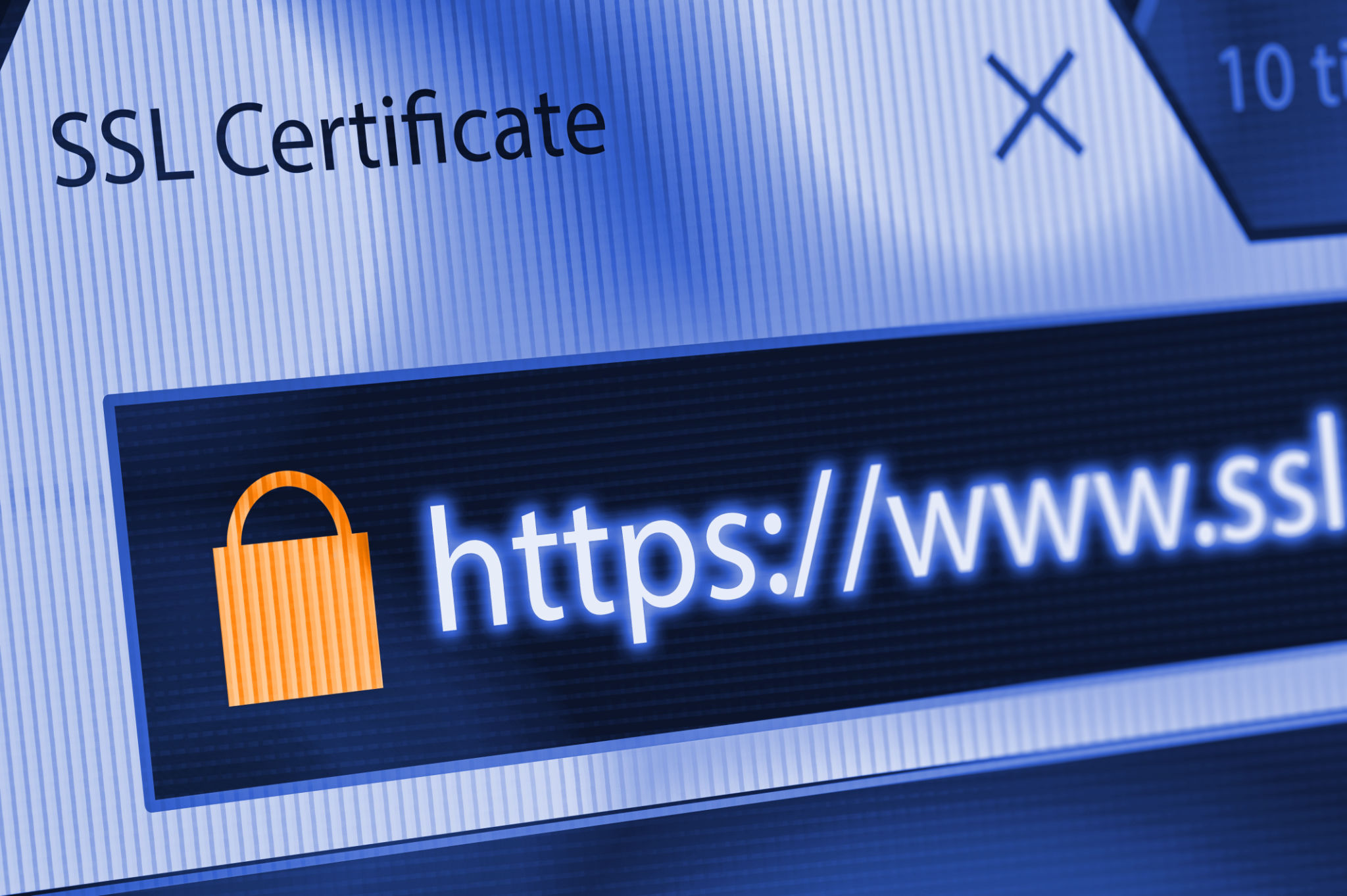Expert Tips for Secure Payment Transactions in E-commerce
In the fast-paced world of e-commerce, ensuring secure payment transactions is crucial for both businesses and consumers. As online shopping continues to grow, so do the risks associated with online payments. Here are some expert tips to help you secure your transactions and protect sensitive customer information.
Implement SSL Certificates
An SSL (Secure Sockets Layer) certificate is a must-have for any e-commerce website. It encrypts data transferred between the user’s browser and your server, ensuring that sensitive information like credit card numbers remains private. Look for a reputable SSL provider and make sure your certificate is up-to-date.
SSL certificates not only enhance security but also build customer trust. When users see the padlock icon in their browser, they know their data is safe.

Choose the Right Payment Gateway
Selecting a reliable payment gateway is another critical step in securing e-commerce transactions. Choose a gateway that complies with PCI DSS (Payment Card Industry Data Security Standard). This ensures that the gateway adheres to high security standards, protecting cardholder data during processing.
Consider popular gateways like PayPal, Stripe, or Square, which offer robust security features and user-friendly interfaces. These platforms regularly update their security measures to combat emerging threats.
Utilize Tokenization and Encryption
Tokenization and encryption are two effective methods for securing payment data. Tokenization replaces sensitive card details with a unique identifier or token, which is useless if intercepted by cybercriminals. This keeps the actual card data safe.
Encryption, on the other hand, encodes data in such a way that only authorized parties can access it. Using both methods together provides an extra layer of security for payment transactions.

Encourage Strong Customer Authentication
Implementing strong customer authentication can significantly reduce fraud. Encourage customers to use multi-factor authentication (MFA), which requires multiple forms of verification before completing a transaction. This might include a password, an SMS code, or a fingerprint scan.
Additionally, educate customers about creating strong passwords and regularly updating them. Strong authentication methods deter unauthorized access to accounts.
Regular Security Audits and Updates
Regularly auditing your e-commerce platform's security can help identify potential vulnerabilities before they are exploited. Conduct thorough security checks and update your system to patch any weaknesses.
Stay informed about the latest security trends and threats by subscribing to relevant industry newsletters or following cybersecurity experts. This proactive approach can help you stay ahead of potential threats.

Educate Your Team
Your team plays a crucial role in maintaining the security of payment transactions. Provide regular training sessions on the latest security practices and potential threats. Ensure they are aware of phishing scams, social engineering tactics, and other common fraud methods.
By keeping your team informed, you can prevent human errors that might compromise your e-commerce platform's security.
- Ensure team members recognize suspicious activities.
- Implement strict access controls for sensitive data.
- Encourage reporting of any suspicious incidents promptly.
Conclusion
Secure payment transactions are the cornerstone of a successful e-commerce business. By implementing these expert tips, you can protect your customers' sensitive information and build trust in your brand. Stay vigilant and proactive in your approach to online security to ensure your business thrives in the digital marketplace.
